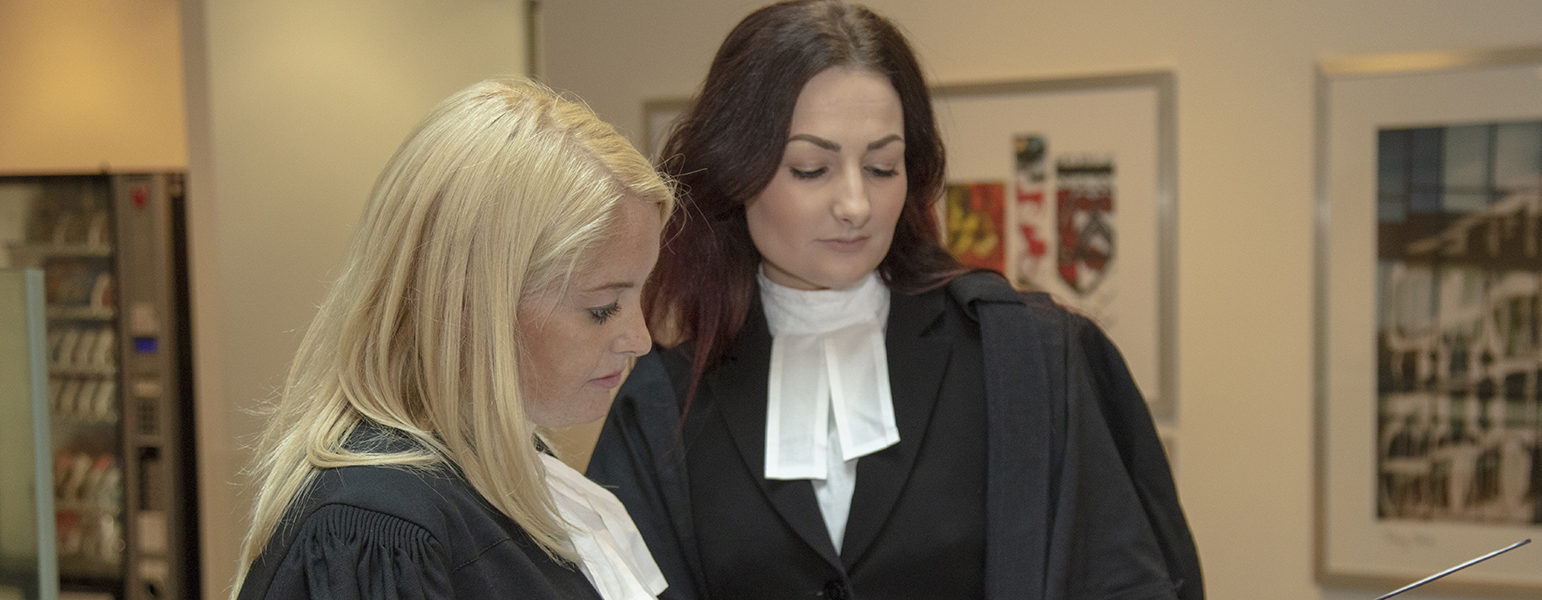Youth Justice Training
The ICCA has attended and taken part in a number of important and ground-breaking Sieff Foundation seminars on youth justice since 2017. The Sieff Foundation has now produced an Report on the Implementation of the recommendations of the Carlile Inquiry Report and subsequent related inquiries relevant to youth justice.
The ICCA believes that youth justice advocacy should be a specialist skill. One of the Carlile Inquiry report recommendations was that: Young people appearing before the courts have a right to properly trained legal representation.
It is clear that following publicity of the Carlile Inquiry Report, representation of young people in the Youth Court has improved somewhat. The BSB has made efforts to regulate risk by developing Youth Proceedings Competences for barristers.
The Foundation believes that matters could be improved by recognition of the importance of work in and out of court through the provision of an uplift in legal aid fees. It is hoped that steps are being taken to address this anomaly.
The ICCA supports the suggestion of increased fee levels but is more generally concerned to provide valuable advice and training for those who prosecute and defend children in both the Youth and the Crown Court. The ICCA already provides guidance on law and procedure; sentencing; county lines; sexting and general communication with young people in the criminal justice system. We collaborated with the Youth Justice Legal Centre on some of these materials and we remain particularly grateful to Kate Aubrey-Johnson, Barrister and Youth Justice Expert at Garden Court Chambers.
Identifying Vulnerability
Youth Courts are increasingly populated by children who ‘display a wide range of complex needs and more limited communication skills’. Many of those needs are hidden and, if left unidentified the likelihood of a good outcome for the child at the centre of these cases is much less likely. Anecdotally, we hear of too many cases where children are incorrectly sentenced because of a lack of understanding of the basic differences in sentencing provisions.
Identifying vulnerability is crucial, especially in children, in order for advocates to be able to communicate clearly and effectively. We have long held the view that language skills must be developed and adapted.
The Dean of the ICCA, Lynda Gibbs and HHJ Simon Drew QC recently published an article in Archbold (Arch. Rev. 2019, 10, 7-9) titled ‘Identifying and accommodating vulnerable people in court’. They recommend the following:
With reference to vulnerable witness and vulnerable defendants, the terminology used by the Court of Appeal, in the CrimPR and in the CrimPD, is inconsistent and inevitably leads to confusion. As a result, judges and practitioners struggle to determine who is “vulnerable”, and therefore what their duties towards them are. As a consequence, some of society’s most vulnerable people, including children, victims and defendants, are being failed by the court process. In order to remedy this, there is a clear and obvious need for clarity of language and consistency of approach.
When referring to vulnerable witnesses or defendants the term “vulnerable witness” should only be used to refer to s.16 YJCEA 1999 (and possibly s.17(4)-(6)) witnesses, otherwise the term “vulnerable person” should be used.
The term “vulnerable person” should be defined in the CPD as referring to: “any child, young person or adult, including a defendant, who may not be able to participate effectively at court if reasonable steps are not taken to adapt the court process to their specific needs.
It is suggested that the word “may” is retained because these provisions relate to anticipating difficulties rather than responding to them once they have arisen. This would bring clarity and consistency in approach and would then be of substantial assistance to advocates and judges when they consider how most effectively to manage the needs of all witnesses and defendants, bearing in mind the judgments of the Court of Appeal, the Criminal Procedure Rules, and the Criminal Practice Directions.
Finally, it follows that a redrafting of the Crim PD will be required in order to reflect this revised approach to vulnerable witnesses and defendants; however, for the reasons we have set out that should result in much clearer guidance being provided to advocates and judges.
ICCA further training for barristers
Following on from the ICCA’s hugely successful national ‘Advocacy and the Vulnerable’ training for criminal advocates which has now been adapted for the Family Bar, the ICCA is embarking on a project to work with the CBA and experts in the field of youth justice, adolescent brain development and trauma in young people to develop a national training course for youth justice advocates. It will focus on the special legal and procedural provisions and will include a blended learning session combining science and practice. There will also be a strong advocacy element to the training.
We are indebted to all those who have already volunteered to work with us to develop this course and we look forward to working with more practitioners and judges as we develop our thinking and the materials over the next few months. In particular we would like to thank Jo Cecil of Garden Court Chambers who is a leading expert in youth justice and a pioneer for greater understanding of youth court work. Jo has helped to draft the outline of the new Youth Justice Course for the ICCA.


